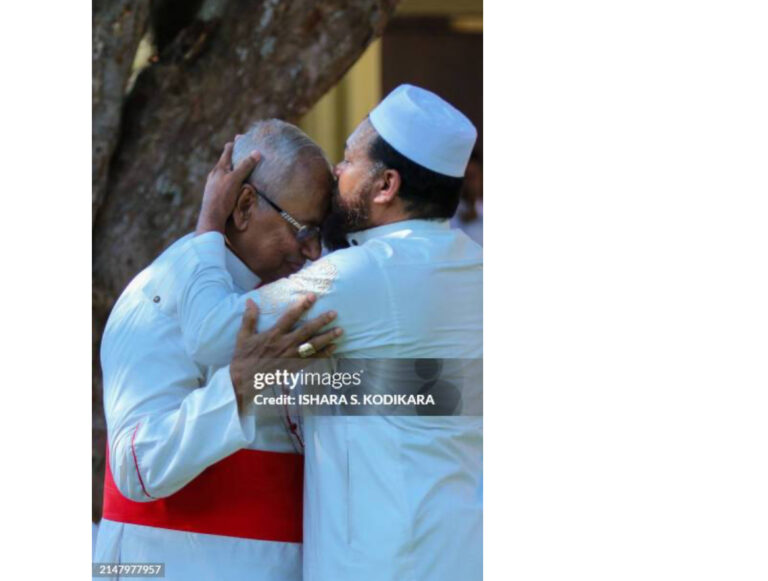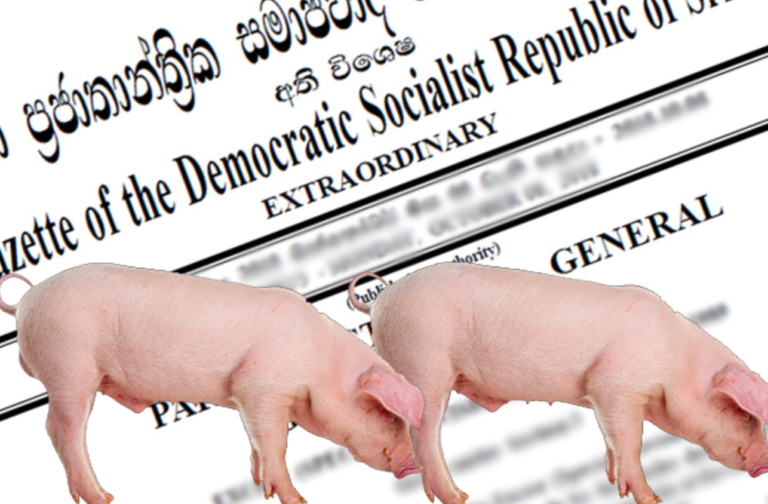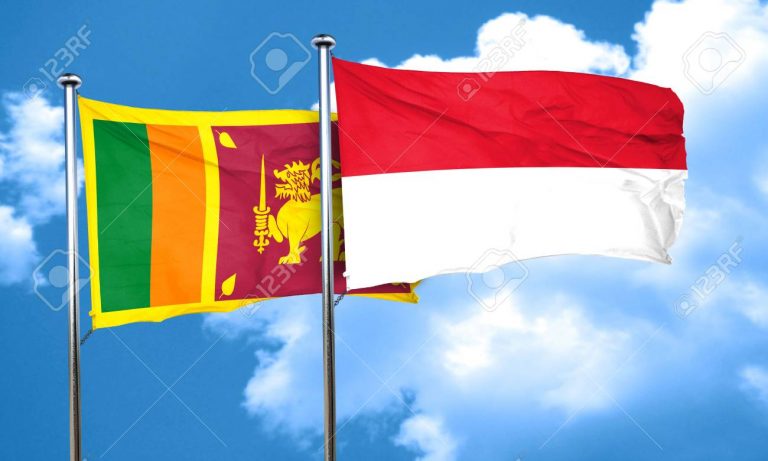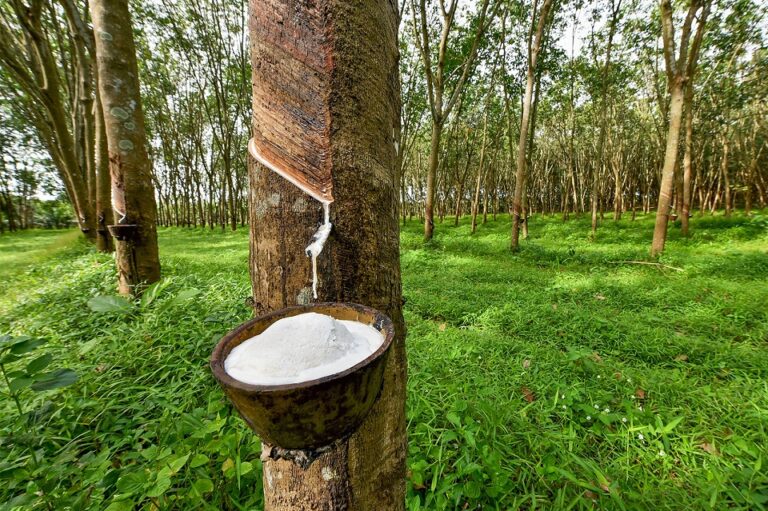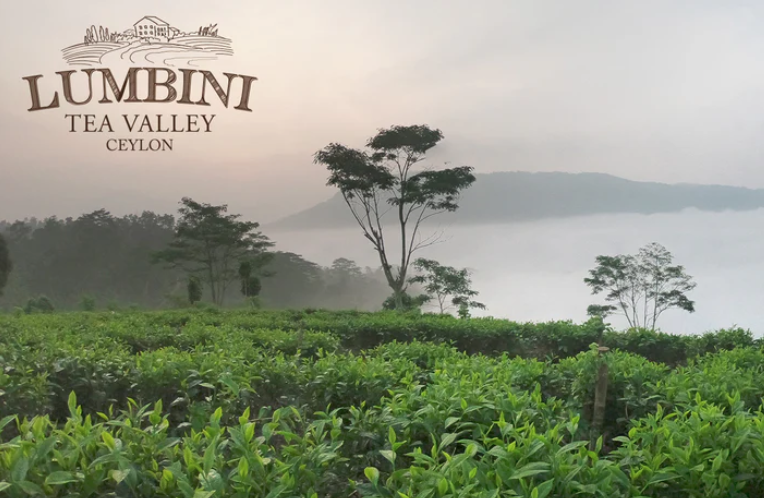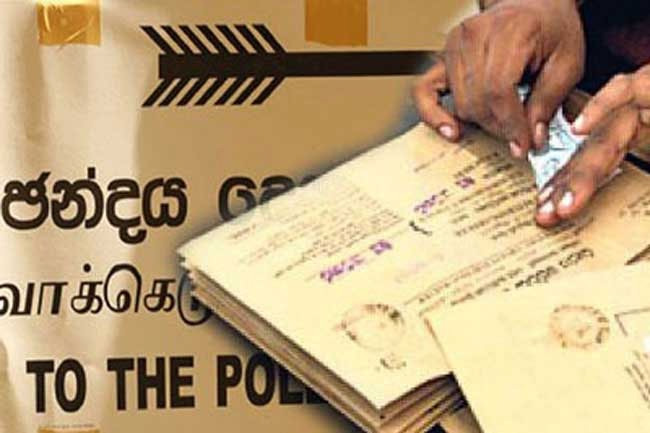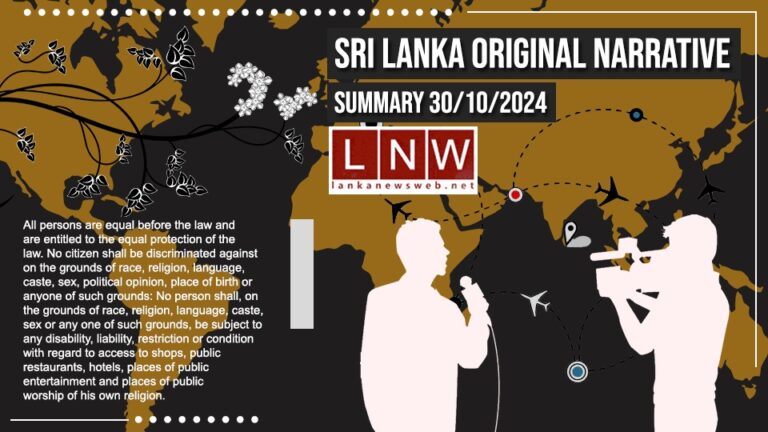By A Grieving Catholic
Anura Dissanaike, an avowed Marxist, was elected President with support from the Catholic coastal belt spanning from the Archdiocese of Colombo to the Diocese of Chilaw, led by the Catholic clergy. This shift is rooted in a desire for transformation—moving away from a history of flawed democratic representation toward new possibilities for accountability. In this case, it includes a call to bring to justice those responsible for the Easter Day carnage, along with past political figures alleged to have engaged in corruption. Notably, His Eminence Malcolm Cardinal Ranjith endorsed Anura over Sajith, who had been supportive of the Church in the immediate aftermath of the attacks. This support mirrors the Catholic community’s earlier backing of Gotabaya Rajapaksa as a “savior” figure, only to later find their expectations unfulfilled.
Catholic Community
The Archdiocese of Colombo, founded in 1845, has historically been the flagship of the Catholic Church in Sri Lanka. In the past, leaders like Cardinal Thomas Cooray, Archbishops Nicholas Marcus Fernando, and Oswald Gomis have upheld a balanced and cautious relationship with political leaders, guiding their flock during times of national difficulty and maintaining the Church’s dignity. Many Catholics believe Cardinal Ranjith, however, has overstepped into political arenas, a departure from the stance of his esteemed predecessors. His endorsement of Gotabaya, along with his strong criticisms of the Yahapalana government, fueled allegations of partisanship. This alignment, perceived as unbalanced, alienated sections of the Catholic community and revealed potential oversights in attributing responsibility for the carnage.The previously cordial relationship between the Cardinal and the Rajapaksas has raised eyebrows. Despite the expectation that the Cardinal had distanced himself, instances such as officiating Mahinda Rajapaksa’s son’s marriage in the Church, bypassing certain protocols, and hosting Namal Rajapaksa, left room for doubt among the faithful about his true stance. Many Catholics now question whether his criticisms of the Rajapaksas have been genuine or mere political theater.
Drug Menace
Cardinal Ranjith’s active participation in demonstrations against the drug menace with President Sirisena, while morally sound, also came with risks, as it effectively pitted the Church against dangerous elements within society. Sirisena’s failure to warn the Cardinal of potential threats to the Churches only underscored this danger. His more active political engagement marked a sharp departure from his predecessors’ approach of prudent distance from politics.
The aftermath of the Easter carnage, which ultimately benefited Gotabaya’s rise, fueled suspicions of a broader conspiracy. Cardinal Ranjith’s continued calls for accountability, directed at revealing the mastermind behind the attack, reportedly angered Gotabaya. Tensions between the state and the Church grew, with measures like the Muturajawela Gazette and the targeting of Church lands and Catholic households exacerbating the conflict. Appointing Gnanasara Thero—an outspoken critic of the Catholic Church—as head of a “One Country, One Law” task force underscored these hostilities. Policies on admissions in Catholic schools and other areas intensified concerns over religious balance in Catholic institutions.
The Future
The Easter attack plotters and those accused of neglecting repeated warnings remain unpunished, despite numerous suspects in custody. Civil cases have seen figures like Maithripala Sirisena and former Defense Secretary Hemasiri Fernando fined for negligence, yet criminal accountability is still wanting. Principal suspects, including Tuan Suresh Salley, Gotabaya, and others, remain free from formal charges. Many now wonder whether the legal system will take action, or if the administration under Anura could finally bring justice.
As the Catholic community continues to question these unresolved issues, a sense of betrayal and disillusionment with political leaders lingers. The community places its trust in God for justice not living people.

